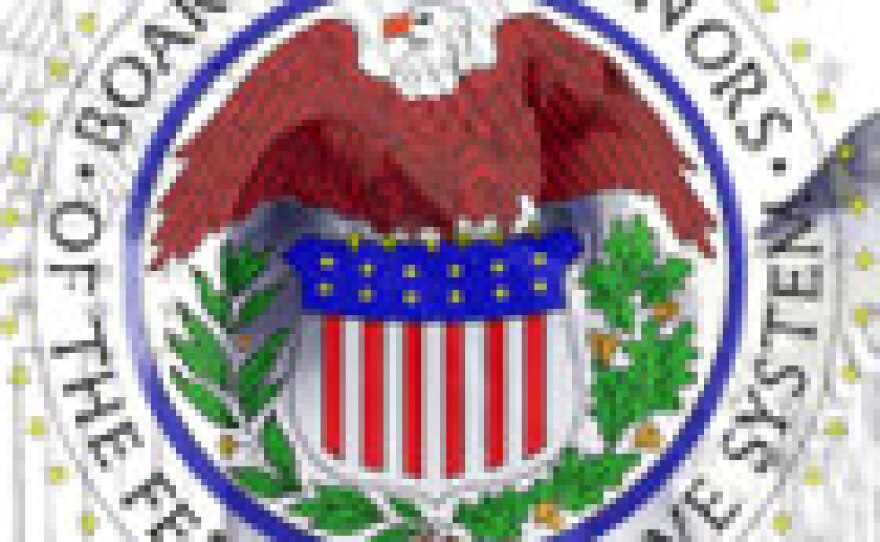
The era of really cheap money is about to end, as the Fed moves to raise interest rates for the first time in four years, from the current 1 percent to 1.25 percent. Federal Reserve chairman Alan Greenspan, wary of inflation fears and hoping to solidify an economic recovery, had warned investors that rates would rise after the Fed board's scheduled June meetings.
In recent years, low interest rates helped fuel a housing boom that saw many first-time home buyers taking the leap. The boom also caused real estate prices around the nation to rise, as buyers scrambled to take advantage of the rates and sellers factored lower borrowing costs into their asking prices.
The 1 percent federal lending rate, which remained at a 46-year low for over a year, also helped ease the debt burden of Americans who turned to credit cards and short-term loans to ease the financial crunch brought about by layoffs and a soft job market.
In a three-part series, NPR reports on why the time of low-cost borrowing is at an end -- and what it means to U.S. consumers.
Copyright 2022 NPR. To see more, visit https://www.npr.org. 9(MDAzMjM2NDYzMDEyMzc1Njk5NjAxNzY3OQ001))







